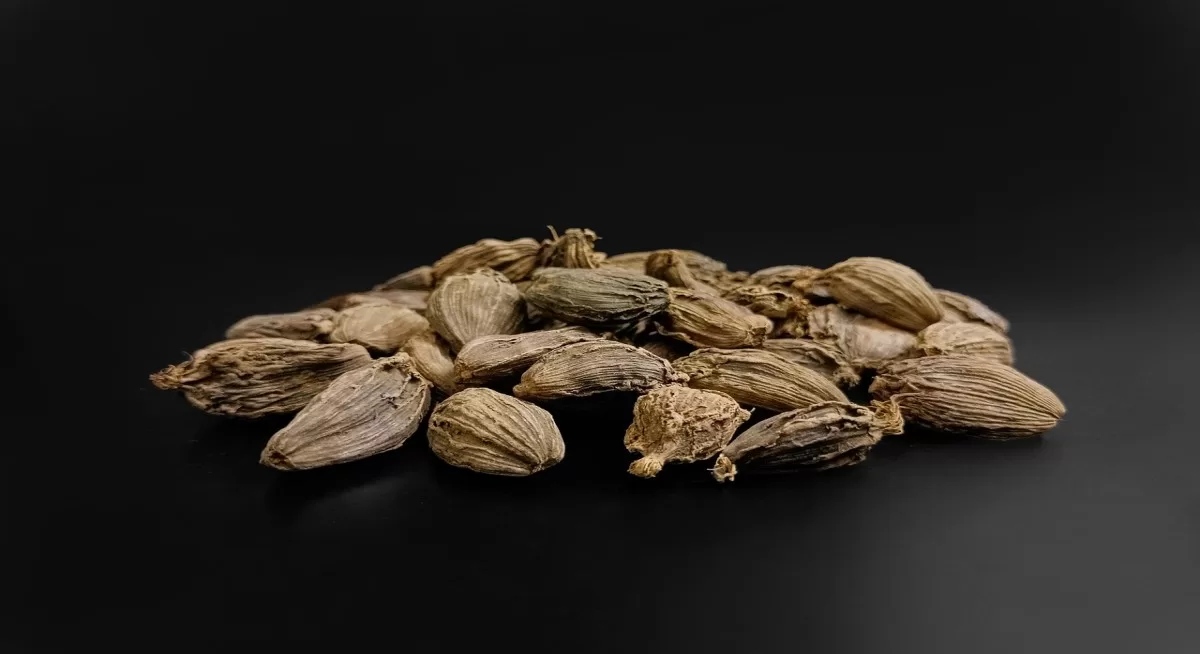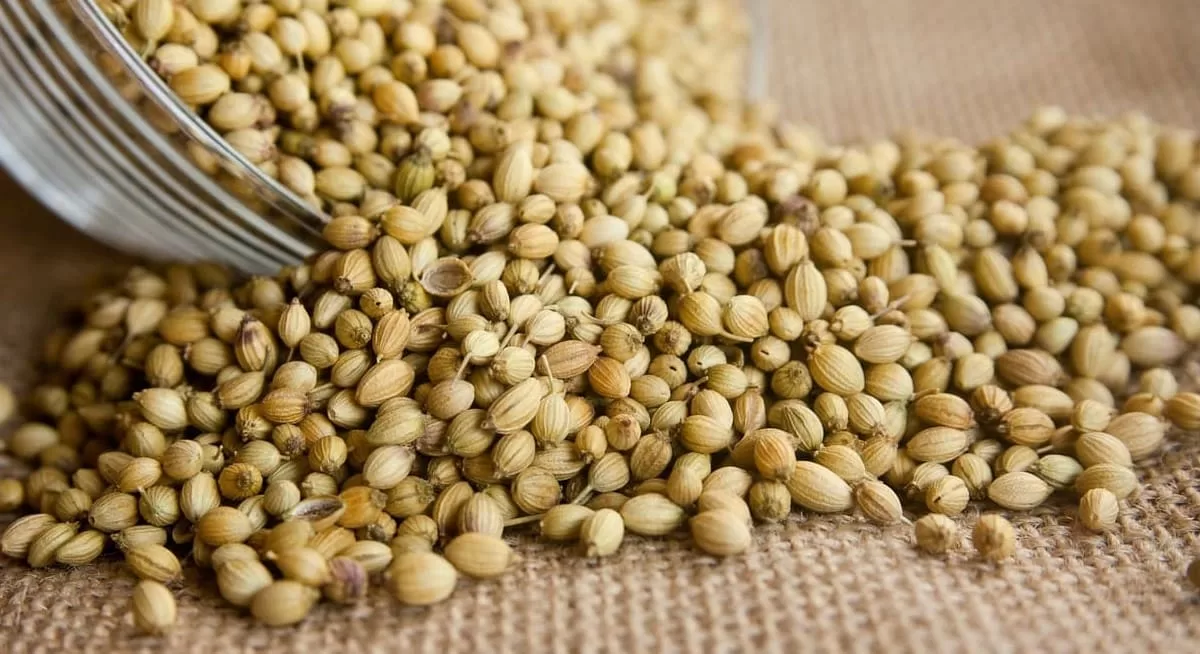Spices
Best Tips for Ayurvedic benefits of spices
 Ayurveda is an ancient system of traditional medicine that originated in India. It emphasizes the use of natural remedies and herbs, including spices, to promote health and prevent disease. Spices have long been used in Ayurvedic medicine for their various health benefits. Here are some of the Ayurvedic benefits of common spices:
Ayurveda is an ancient system of traditional medicine that originated in India. It emphasizes the use of natural remedies and herbs, including spices, to promote health and prevent disease. Spices have long been used in Ayurvedic medicine for their various health benefits. Here are some of the Ayurvedic benefits of common spices:
- Turmeric: Turmeric is a popular spice used in Ayurvedic medicine for its anti-inflammatory properties. It is also believed to support healthy digestion and liver function and promote healthy skin.
- Cumin: Cumin is another spice commonly used in Ayurvedic medicine. It is believed to aid in digestion and improve the absorption of nutrients. Cumin is also thought to have anti-inflammatory properties and help relieve symptoms of respiratory disorders.
- Ginger: Ginger is a well-known spice that has been used for centuries in Ayurvedic medicine. It is believed to have anti-inflammatory properties and aid in digestion. Ginger is also thought to help alleviate nausea and vomiting.
- Cinnamon: Cinnamon is a warming spice that is believed to improve circulation and support healthy digestion. It is also thought to have anti-inflammatory properties and help regulate blood sugar levels.
- Cardamom: Cardamom is another warming spice used in Ayurvedic medicine. It is believed to aid in digestion and help alleviate symptoms of respiratory disorders. Cardamom is also thought to have antimicrobial properties and promote healthy skin.
- Cloves: Cloves are a pungent spice that is believed to have antimicrobial properties. They are also thought to aid in digestion and help relieve pain and inflammation.
- Fennel: Fennel is a sweet, licorice-flavored spice that is believed to aid in digestion and help alleviate symptoms of respiratory disorders. It is also thought to have anti-inflammatory properties and promote healthy skin.
Overall, spices are a key component of Ayurvedic medicine and are believed to have numerous health benefits. However, it is important to remember that each individual’s body is unique, and what works for one person may not work for another. It is always a good idea to consult with a qualified Ayurvedic practitioner before using spices or any other natural remedy for health purposes.

Nigella seeds benefits and how to use it
What is Nigella Seeds Nigella seeds are small, black seeds that come from the Nigella sativa plant, which is native ...

Oregano benefits and how to use oregano
What are Oreganos? Oreganos are a species of herb belonging to the mint family, Lamiaceae. They are perennial plants that ...

Aniseed benefits and disadvantage of Aniseed
What are Fennel seeds? Aniseed, also known as anise, is a flowering plant native to the eastern Mediterranean region and ...

Mace spice benefits: Side effect of mace spice
What is Mace spice Mace is a spice that is derived from the aril (the lacy, red covering) of the ...

Black Cardamom health benefits
What is Black Cardamom Black cardamom is a spice that comes from the dried fruit of a perennial plant called ...

Black sesame seed health benefits
What is Black sesame seed? Black sesame seed is small seeds that come from the sesame plant, which is native ...

Coriander seeds benefits and how to use
Coriander seeds health benefits Coriander seeds, also known as dhania, are widely used as a spice in Indian, Middle Eastern, ...





